
Are You Travelling Sustainably? | Interview with Rainer Stoll, CEO at travel-to-nature
Twenty seven years ago there was no Internet. Travelling was like a leap into the void without ropes, an adventure without guarantees in which anything could happen. With Internet and low-cost tourist packages, travelling has become unsustainable. To find out how we can travel more responsibly, we interview Rainer Stoll, founder and CEO of travel-to-nature, a pioneer in sustainable tourism and a man in love with wildlife and remote communities. He shares with us his insights and advice into how the ‘responsible travel’ should be solved today.
Do you know what the fastest bird in the world is? How many hours of non-stop flight can a bird do? Have you ever heard of the pyramid of responsible travel? Rainer Stoll, founder and CEO of travel-to-nature, is a visionary and a wildlife enthusiast. If anyone knows everything about responsible tourism in Germany, it is him. We visited him at his home and spent 2 wonderful days with him in which he connected us with the natural world that surrounds us and that, due to our stressful urban life, we forgot to be thankful for.
More than 25 years creating different trips. How has the way of traveling changed since you started operating in the tourism industry?
Now it is totally easy to organize everything than before, because 27 years ago there were no internet, so you had to organize everything by phone calls and it was very expensive to call remote places. You had to travel to the country, to check out the routines, the hotels… Now, most of the companies offer travels bought via internet or found in trade fairs. I never would do that. I am a very old fashion person. We have to test all our hotels, all our guides, we have to know exactly what is going on, what is good for the traveller, what is bad and how can we change it. When they were kids, my son Paul and my daughter Elisa had to test all our family tours. That was and is the only way to offer the best and more secure tours for families.
Now, after 27 years in the market, we inform our clients about all the details, what the kids have to expect, what would happen if they see a river with death bodies and so on… That is something we learnt in our career. We inform them what is very important for them to know, also what is very important for the people they will meet at their destinations, for the animals, for the plants…, so that they can concentrate on the interest.
One of the realities of this evolution has been, unfortunately, the overcrowding of tourism in recent years. How have you experienced this reality in the destinations where you operate?
Almost nothing, because our nature tourism, when we are watching birds, for example, we are always in remote areas in the jungle. In two weeks you don’t see another person, so this is not a big problem for us. It became sometimes a problem in the National Parks, where we saw a lot of groups of people. Maybe it will be a problem after Corona. We recognize that in very famous national parks, you can not get any hotel. In Asia, in Borneo, for example, when you visit the orangutans, now it is overcrowded, it looks like a zoo more than a Natural Park. That is why we decided to go deep inside the jungle to see them in their natural habitat. Of course it is much more expensive, more adventurous and we will lose some clients because the just want to see the orangutans without walking so much, but our aim is to see the real Natural Wildlife, and these animals don’t like to be in crowded places.
This is a big discussion we also had regarding Komodo. There are a lot of tourist places where they are increasing fees incredibly. For example if you want to see a Komodo Dragon, an exotic huge reptile, more than 2 meters, you have to pay 1,000 US dollars, just to enter there. If you want to see the Orangutans in Ruanda you have to pay 1,500 US dollars, for 1 hour watching. I am sure in 2-3 years, if you want to go to the very famous natural places in Galapagos, you will have to pay much more. Now it is 100 US dollars, I am sure it will go 500. It is already a big business. They want to protect themselves with a high priced fee. And that is fair. If you want to see espectacular animals you have to pay for it. It has sense.
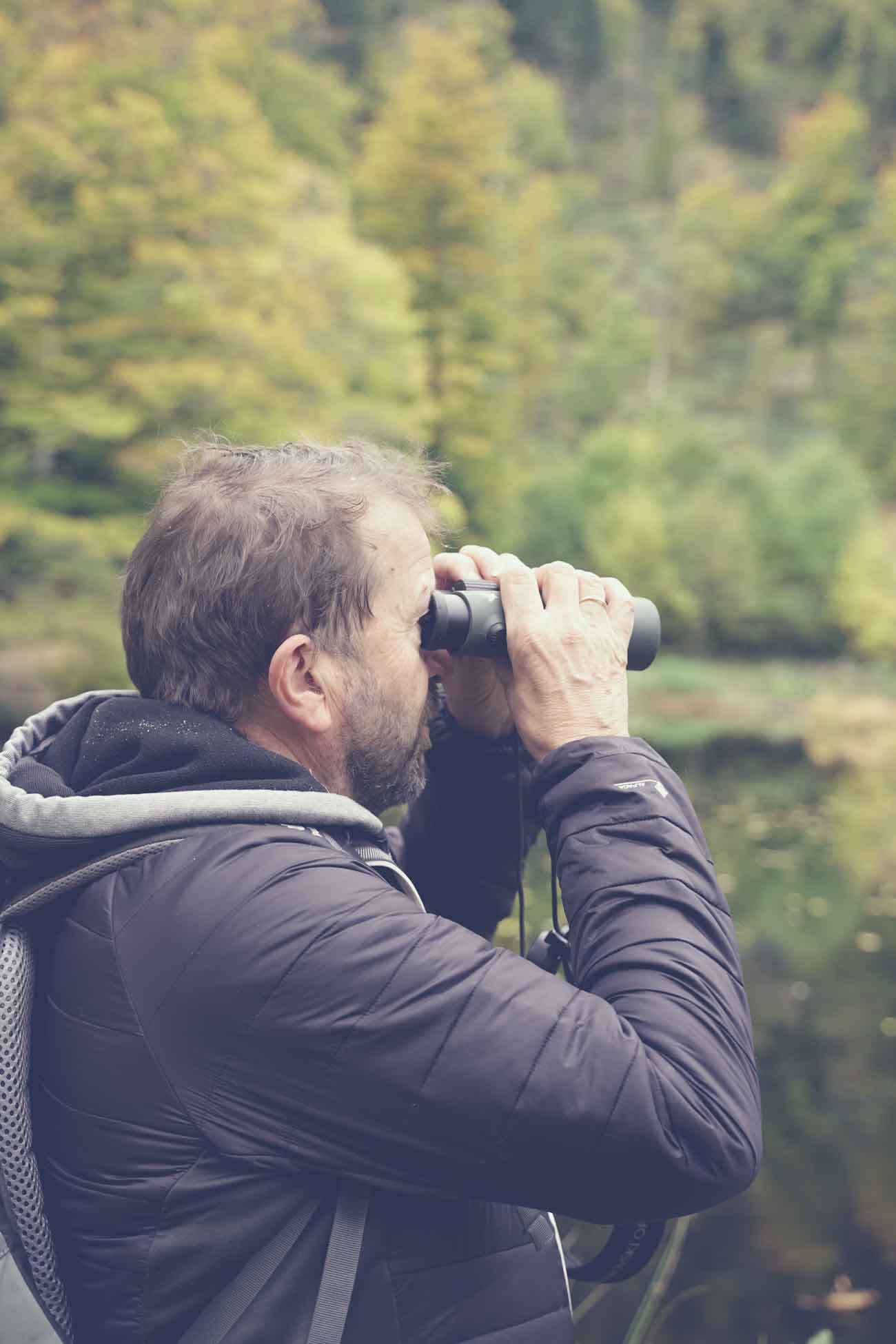
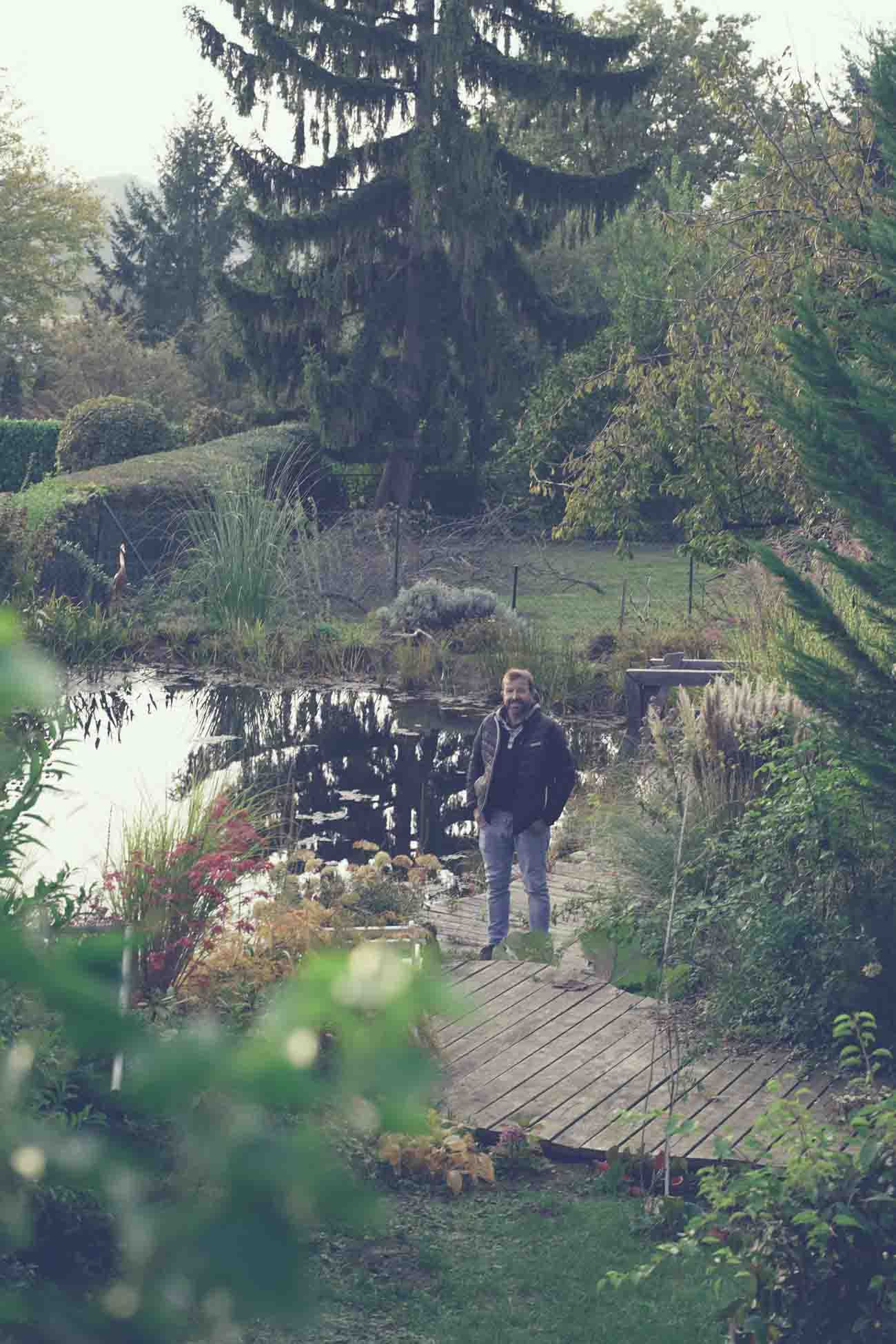
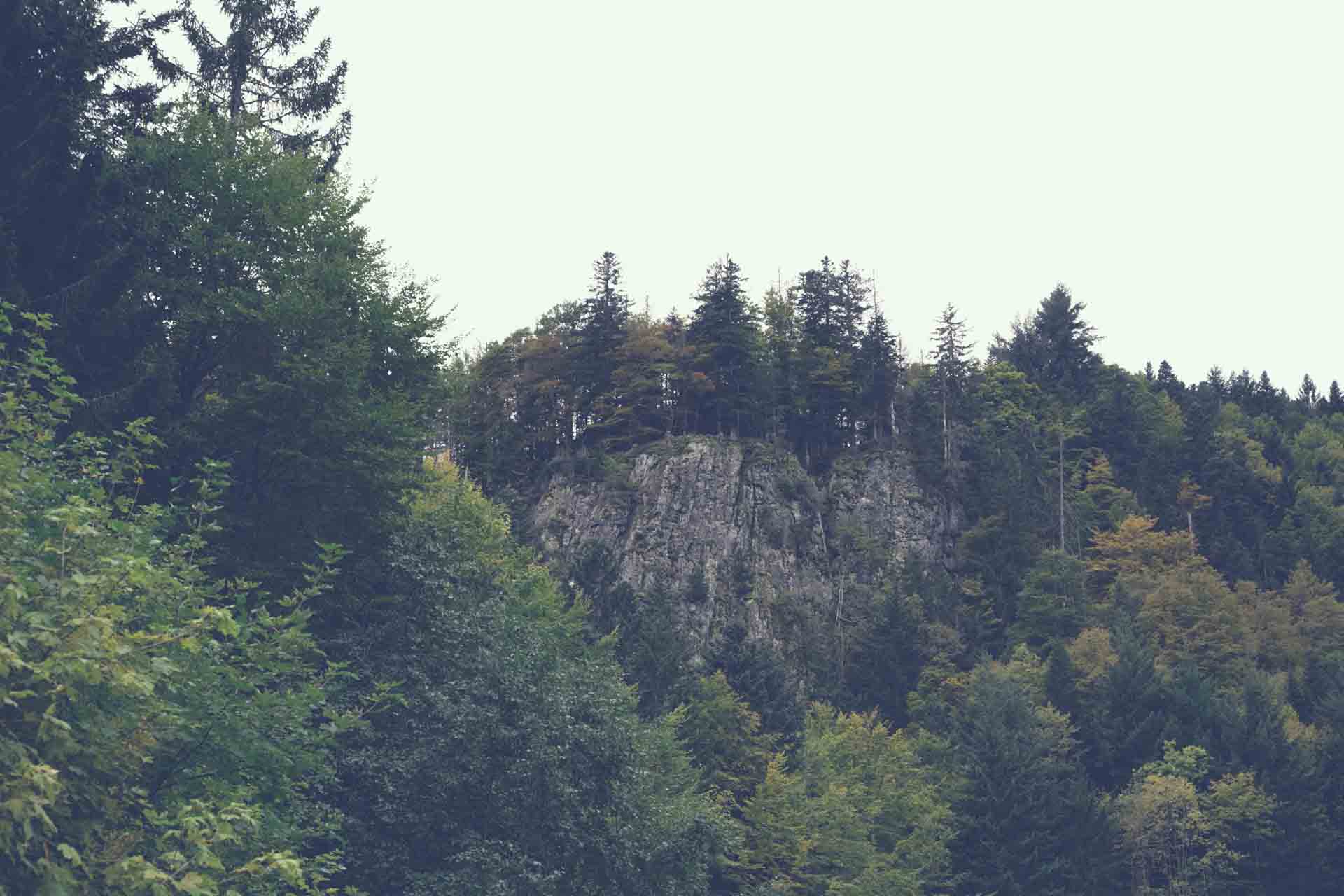
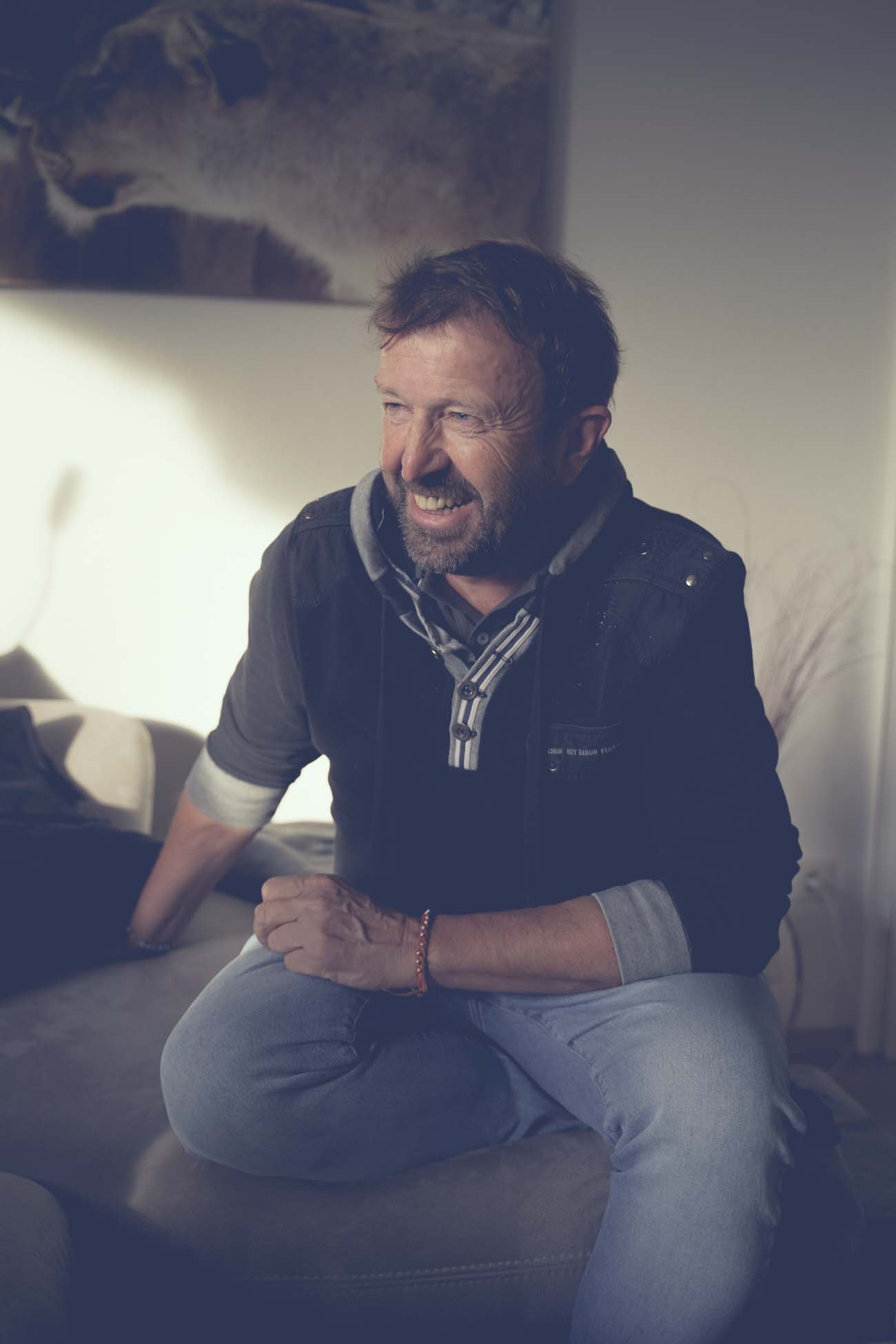
There are some place where the overtourism is a reality. Covid 19 has been a painful but educational hiatus. What have tourism businesses learned, any examples of positive impact?
Nothing (he laughs). The big huge companies, those that have the 99% of the tourism cake, are now talking about sustainability. But talking and doing is something totally different. For me is greenwashing if they say “we use another energy for our ships”, but they don’t really take care of the Nature. That is not enough. In travel-to-nature we pay 10% of our profits to social programs in Nepal and other destinations. We do this since 12 years and we still survive but big companies don’t do anything. They are stakeholders, no family business, so they just want to make money, money, money. That is why the future of tourism will not change so much. Of course, the small operators are changing a lot to compose a better world but it is only 5-6% of the tourism industry.
And what do you think travelers have learned?
Do you know the pyramid of sustainability? There are stars and if you do everything perfect, our kids will enjoy a well-being world. The base is that first, you have to assure nature and resource protection, what we do in travel-to-nature. The second is to respect the culture of the people we visit, also assuring a good income for the people living there, which will bring well-being to them. And last but not least, your clients must be also happy with it.
Travelers can use this pyramid to control their impact in their travels. How can we protect the Nature and the animals, how can we help the people in the place we visit to earn money… Don’t use booking.com, go directly to the hotels so they don’t have to loose 15% of their money; go to small hotels with local staff, ask them if they pay taxes, which is also very important; try to avoid short trips, save your money and make a long big and special trip every two years… We have to protect the Nature. That is why we, in travel-to-nature, decided to enlarge the time of our tours to three weeks for people who wants to travel once per year or once every two years.
To use fewer resources, to guarantee decent wages for locals, and above all to help the development of wildlife and animals… From the beginning, travel-to-nature was born with a DNA very marked by the respect and development of its tourist destinations. How can this be achieved in an overcrowded market, focused on the price factor and not very respectful with the planet?
- Choice of suppliers. Now, I have been in Ruanda. I have met some tour operators that are already working with sustainable agencies. I go there and check this operators, I see what they are doing and how sustainable they are. That is one way. Also, many of these people come to me, they write me to visit them or I also listen to recommendations. But I always check my operators.
- Reforestation. There are big scandals now with companies promising reforestation to brands, but there is no control of it. We personally plant trees in some of our destinations and the client is always informed on how this tree is growing. I met in Tanzania a guy with a company called GreenStamp, they control the tree, they give you a token GreenStamp, and the people can check exactly where the tree is, if it is already there or not….We could also buy a certification but it cost too much for a small company as travel-to-nature. I find this Apps interesting to control that.
- Reduction of CO2 emissions. It is the same.
- Permaculture. We have permaculture projects in La Triga, in Costa Rica. I like the idea very much.
- Educational projects. In India and Nepal, our educational projects are very important. We adopted 250 blind children in Nepal and found donations for them from German people. We also educate midwives in Nepal. Now, as we are very interested in Biodiversity and our projects in La Tigra, we are working in new educational projects there.
- Projects for the protection of flora and fauna. In November, 2021 we opened Reserva Bosque La Tigra. There were nothing there, only farmers, they used to use pesticides and cut plants. We told them it was not good for the land and we decided to plant some trees to see how would they develop in a natural way. It went good, so we decided to educate the people there to take care of their land.
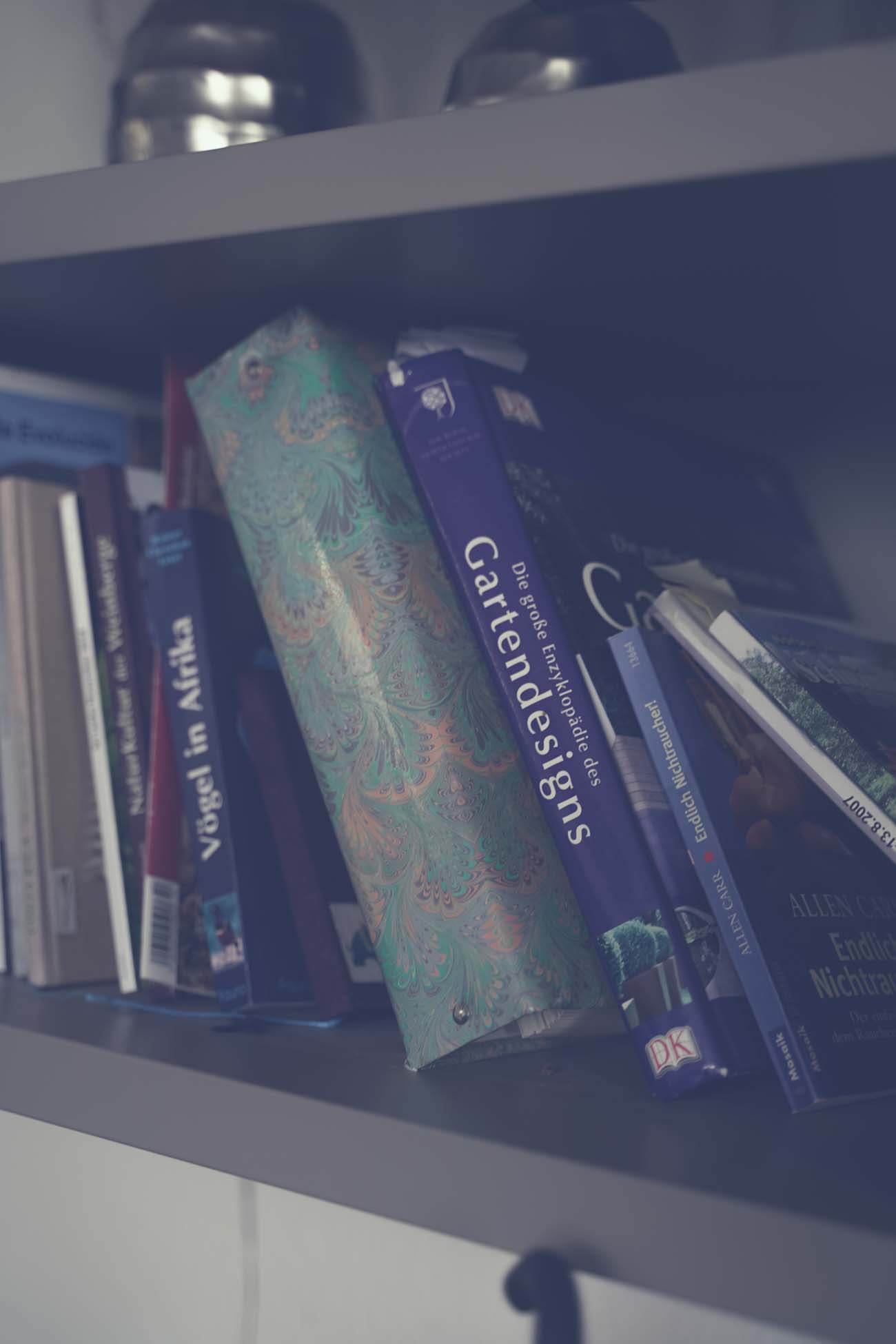





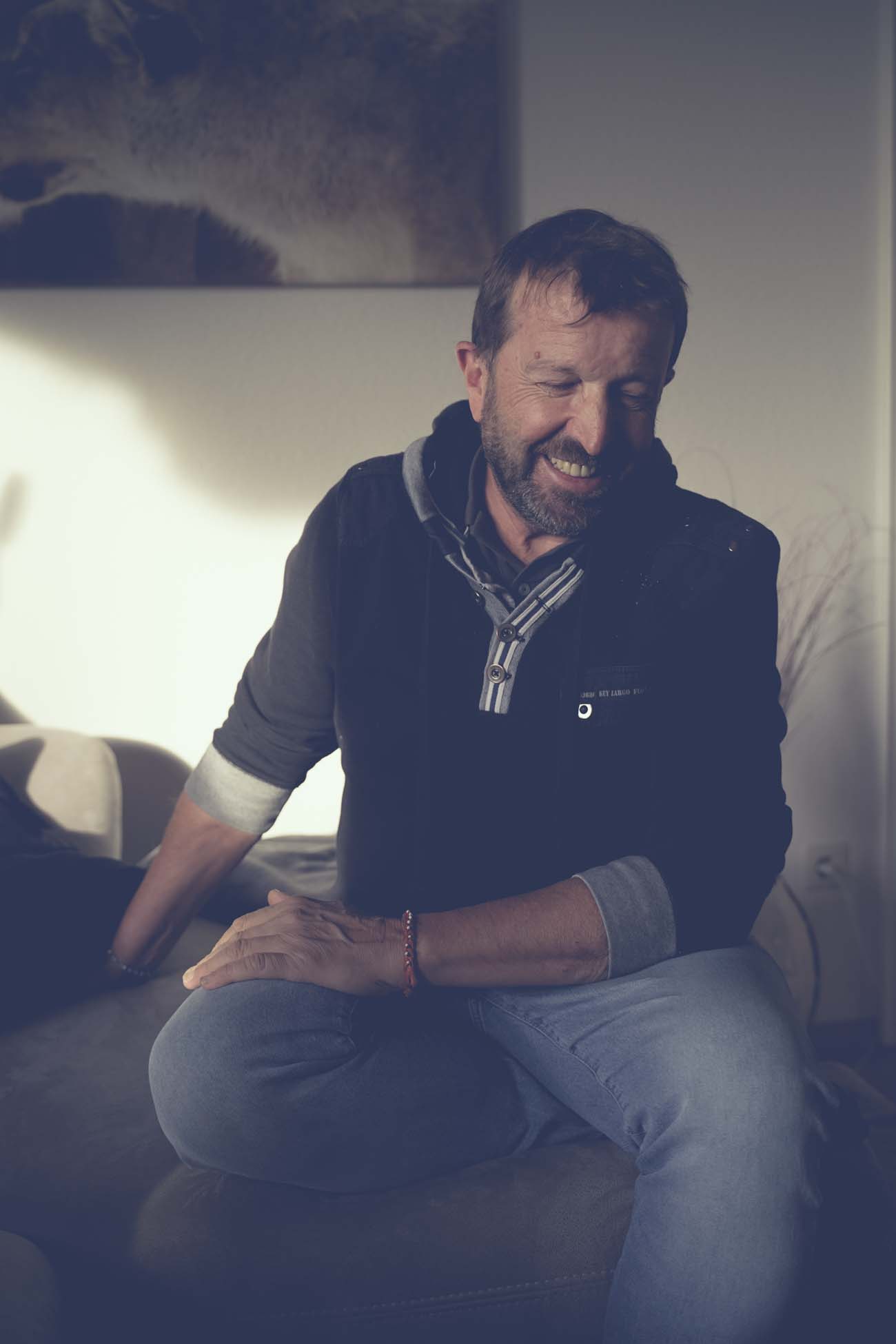
How much does it cost for a tourism company to be sustainable?
It cost 5-10% more, but it is a question of principles. Of course we don’t want to sell travels to a lot of people, we want to sell only exclusive tours, with 6 to 8 travelers.
Which is more important, social or climate sustainability?
In this case social. Climate sustainability is a thing for the government. They have to tax for the fuel, CO2 and energy. They have to take care of it. Of course, I recommend all my clients to compensate they travel, but they are already compensating because they are supporting our social projects.
Sustainability has become a big selling point in most sectors, including tourism. We assume that this makes it more difficult for those who are really sustainable. What greenwashing strategies are you most concerned about?
The tree planting. You can not buy a tree for 2 dollars. It is imposible, because you need the space, somebody has to plant it, you have to grow it for at least 3 years, so it is totally imposible. We have been in Uganda in August. Chinese companies are destroying at least 30% of the Natural Park, it is the last wilderness. They are even close to close some Natural Parks because of this.
Do you think governments should put more control on this issue?
No. They have to do much more. We need very hard changes, what is not easy for our population and can mean that we will all have less resources. No goverments say the truth, we have to do a big change, no small changes, but a big one. In Ruanda, since 10 years they do not have plastic, everything is clean. Why can’t we do this in Europe?
There is also the issue of 21st century individualism and the digitisation of the industry, which makes it all even more confusing. How do you compete with booking.com and all those price-focused agencies?
We sat down together to talk about it and we decided to offer two options of travel. One is the habitual travel-to-nature tour, with all inclusive services for people who wants everything done. We take care of everything a traveler needs, from booking the best hotels to the best guided tours, buses, etc. On the other side, we are making platforms for individual travelers, where individuals can personalize their travel. They can find lots of choices in every field (kind of hotel, kind of transportation, kind of tour…) They can choose everything online, they can pay online… Everything is very easy, and only sustainable.
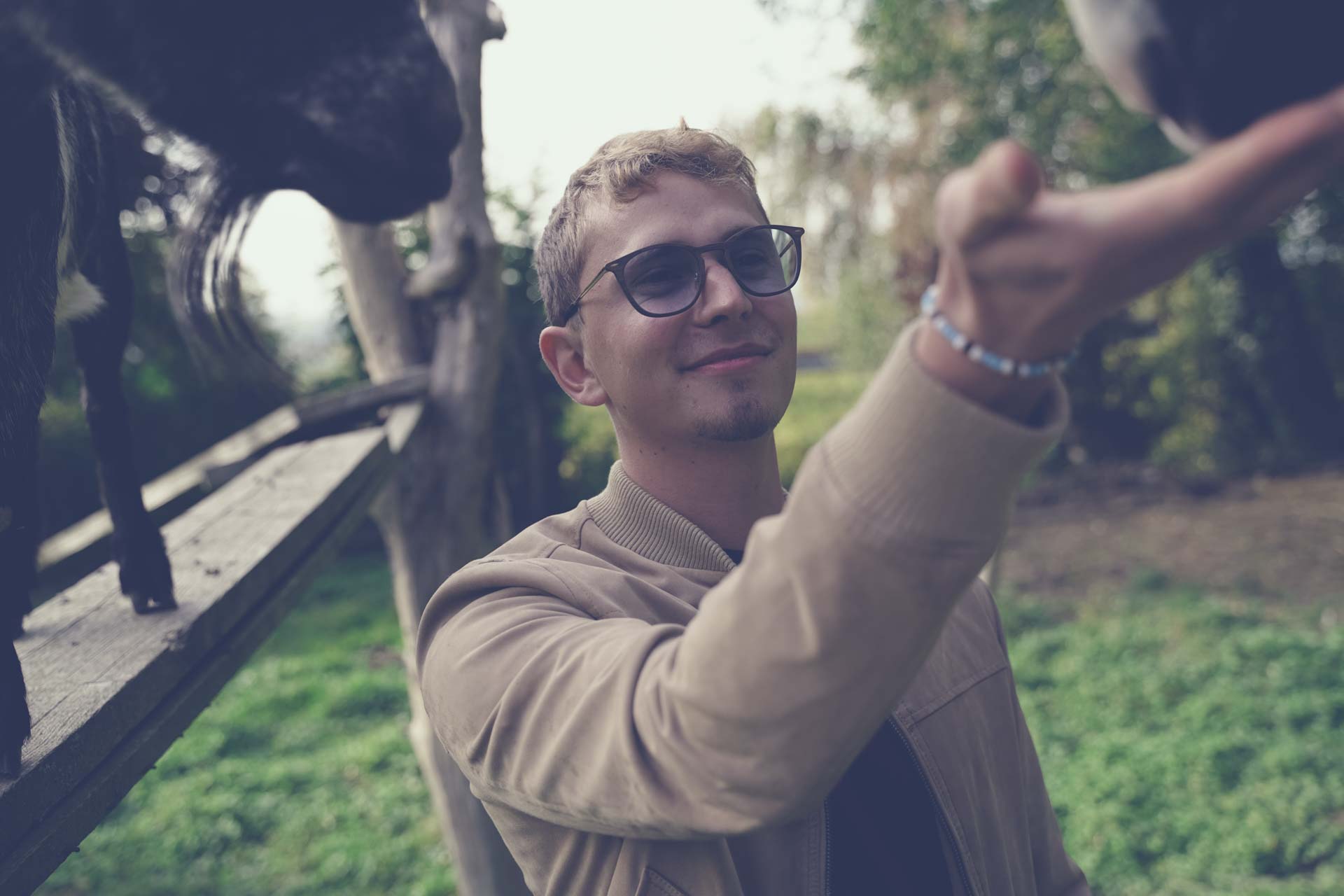
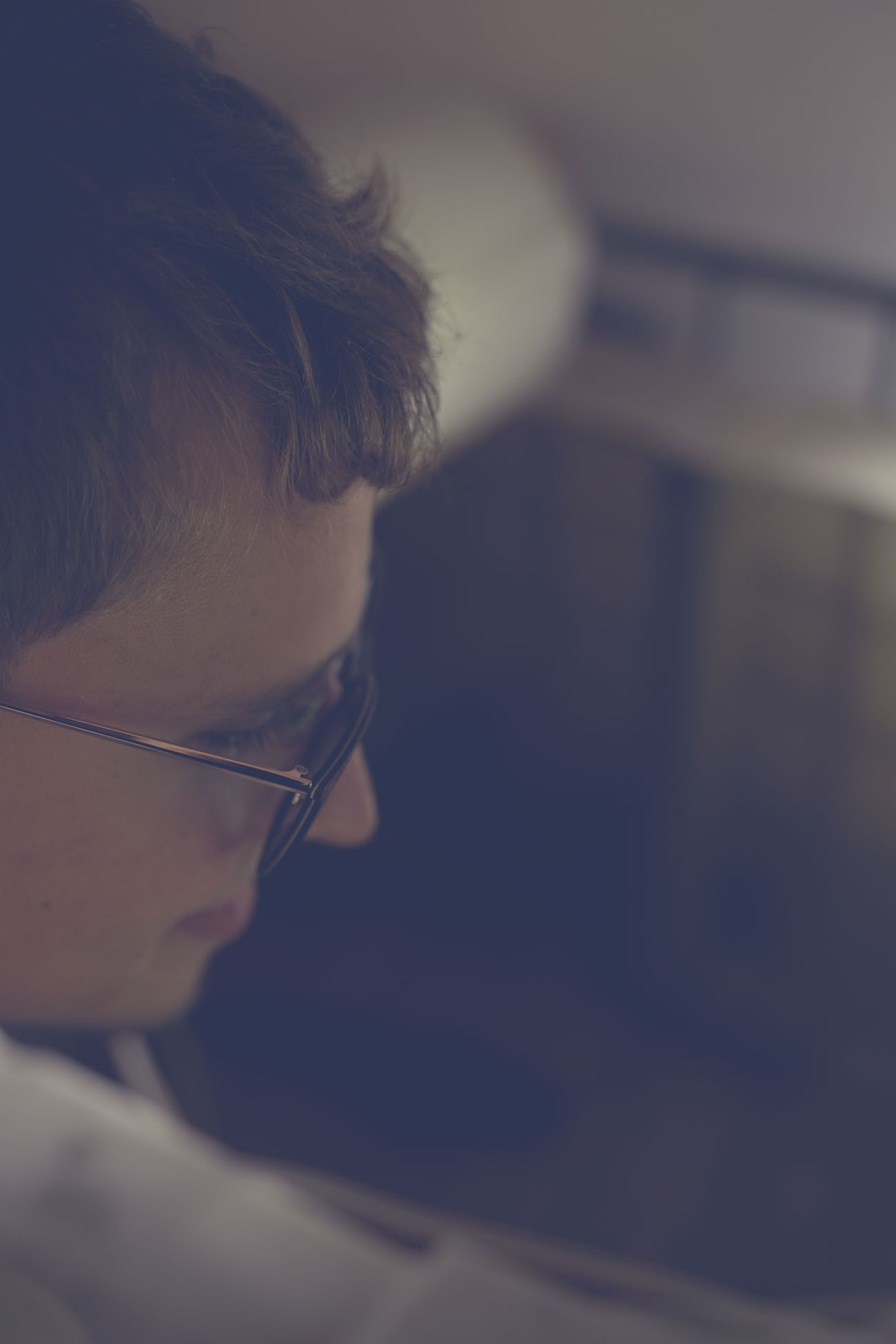
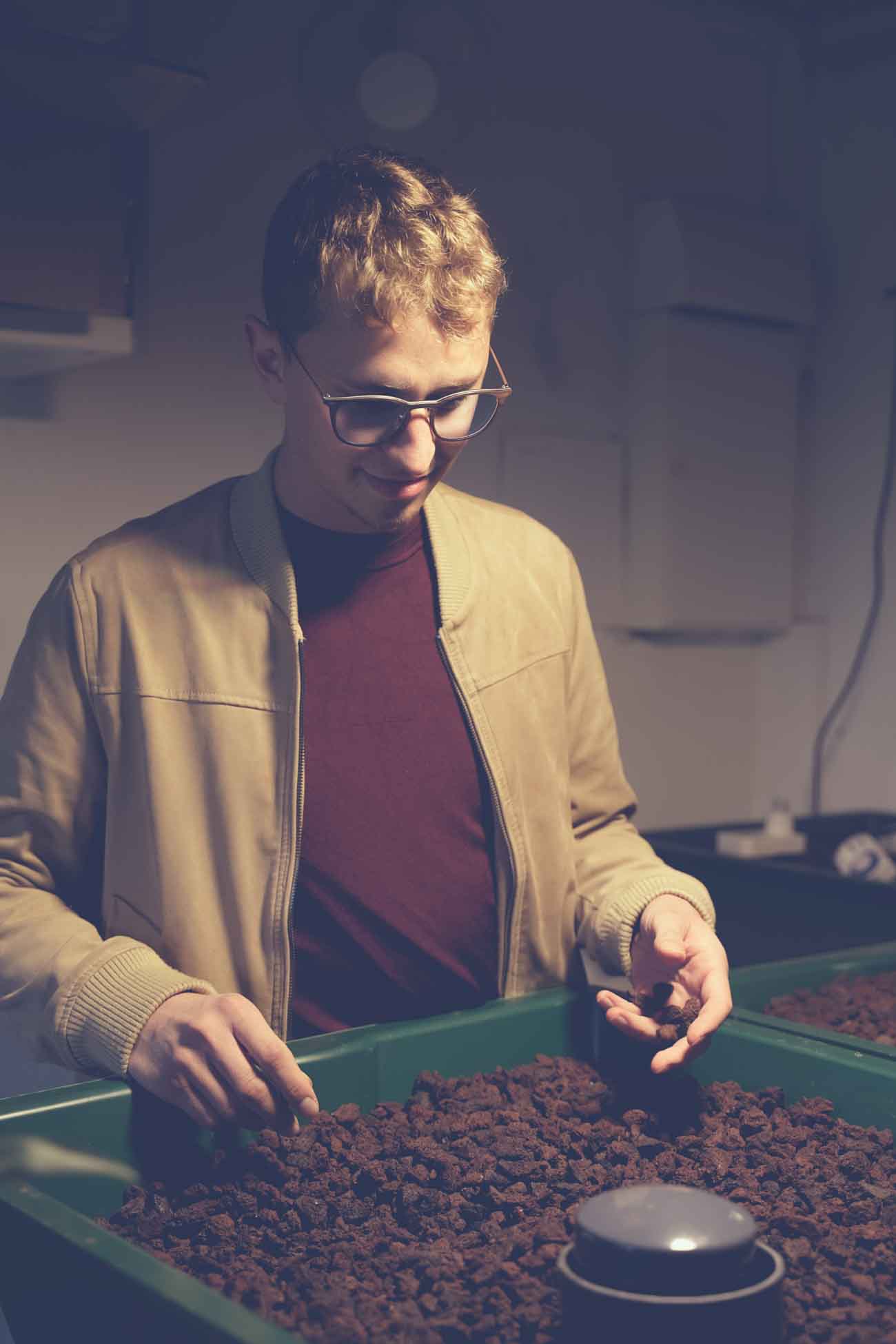
Welche Projekte mit positiver Wirkung stehen auf der nächsten Roadmap von travel-to-nature? Woran arbeiten Sie gerade?
Wir würden gerne das tun, was wir in La Tigra und im Schwarzwald tun. Das ist sehr schwierig. In Litauen planen wir, Land zu kaufen und es umzubauen, um dort nachhaltige Touren anzubieten. Das gleiche Konzept wie in Costa Rica, um Bären und Vögel zu beobachten, um Fotografen nahe an die Tiere zu bringen. Wir haben verschiedene Ideen, vielleicht können wir sie bald verwirklichen, aber sie sind noch nicht ausgereift.
Der beste Weg, das Land zu schützen, ist, es zu kaufen. Wenn Sie können. Wir haben immer einen lokalen Partner, wenn wir touristische Aktivitäten durchführen. Die Einheimischen müssen mindestens 51 % unseres Projekts besitzen, nur so können wir die lokale Wirtschaft schützen. Wir haben 49% davon.
Das zahlt sich auch aus. travel-to-nature hat 10 internationale Preise gewonnen und war im letzten Jahr auch Finalist bei Deutschlands wichtigstem Nachhaltigkeitspreis. Was bedeuten diese Auszeichnungen für travel-to-nature und wie helfen sie Ihnen auf Ihrem Weg?
Ja, wir sind sehr froh, dass wir sie bekommen haben. Ich finde, sie sind ein gutes Motivationsinstrument für mein Team. Ich habe mich sehr gefreut, dass ich für den Deutscher Nachhaltigkeitpreis 2022 nominiert wurde.
+ Words: Belvis Soler
+ All Images: Jens Wittwer








